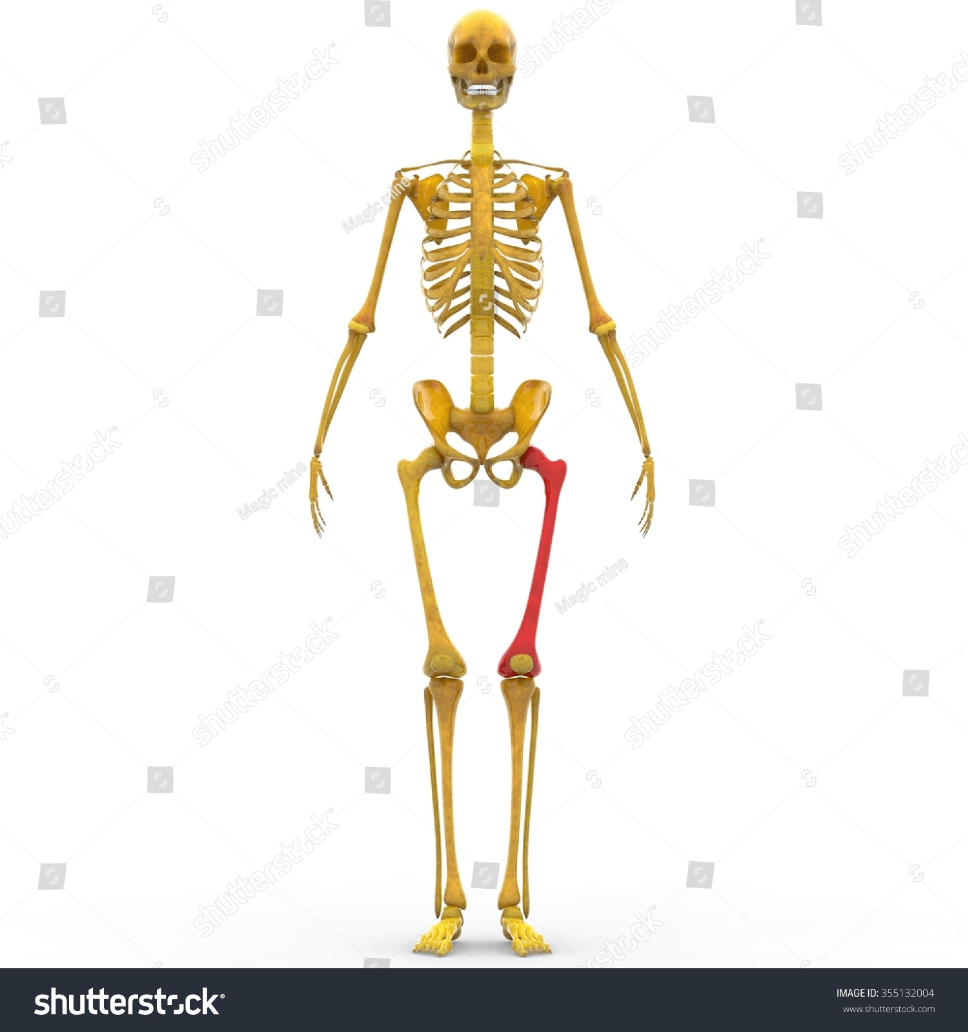
The longest and strongest bone in the body
This bone is sometimes called your collar bone.
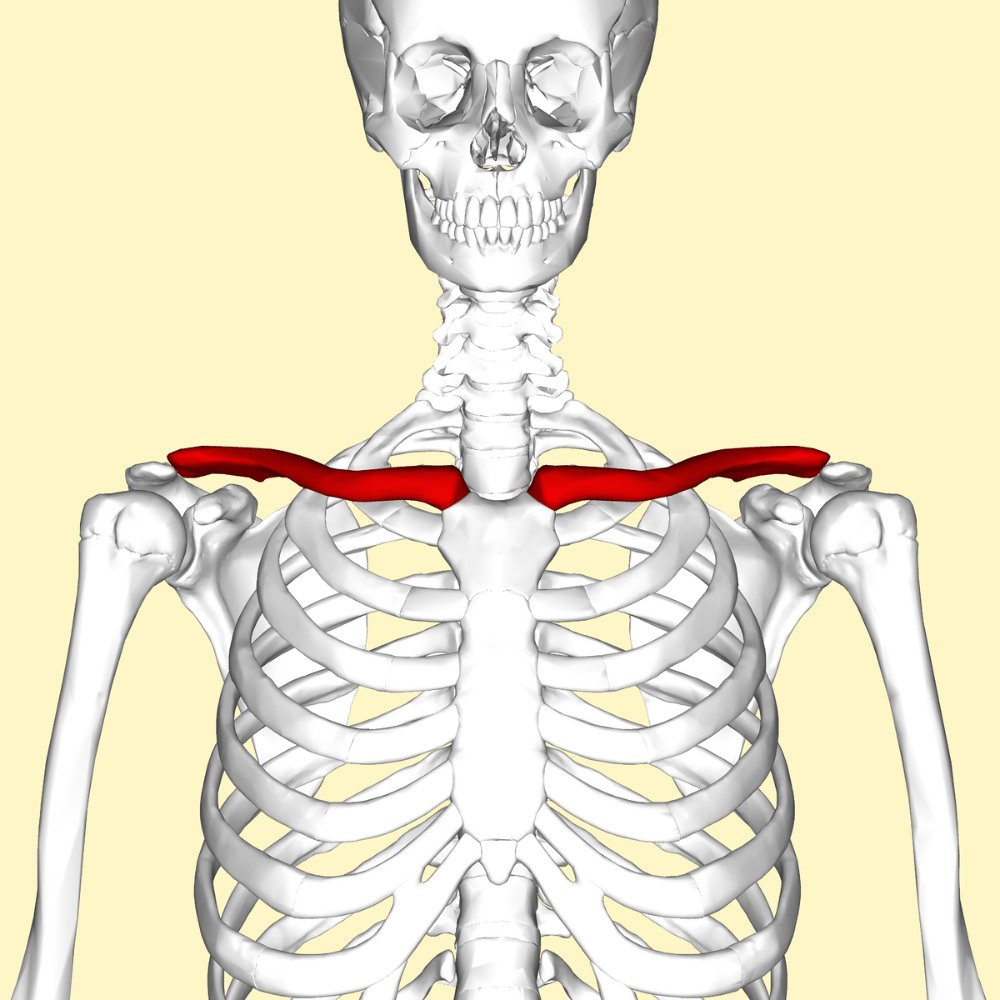
Releases hormones that help with regulating blood pressure, body temp, heart rate, and metabolism.
What is the Thyroid?
This muscle contracts or shortens, pulling the lower arm up, and causing the elbow to bend. Also to twist and turn the wrist.
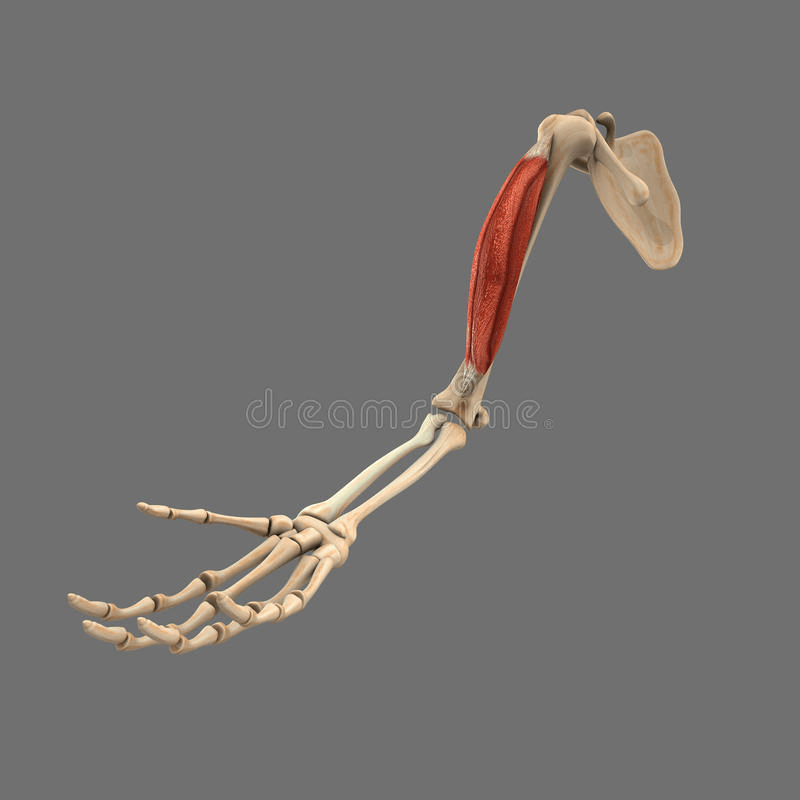
What is the bicep?
Playing an important role in activities such as walking, running and jumping the _________ primary function is to bend your knees and move your hips backward.
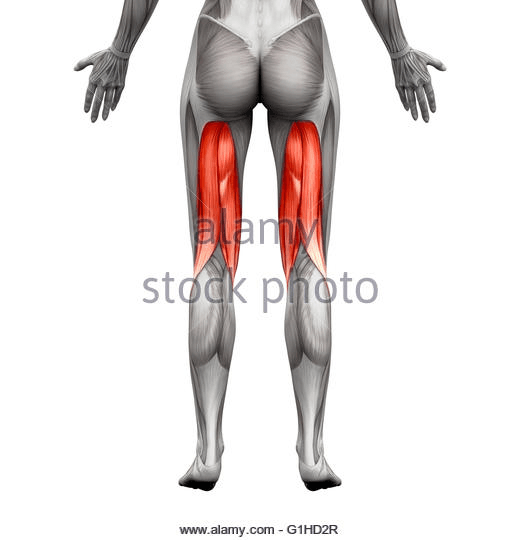
Also known as the pelvic bone.
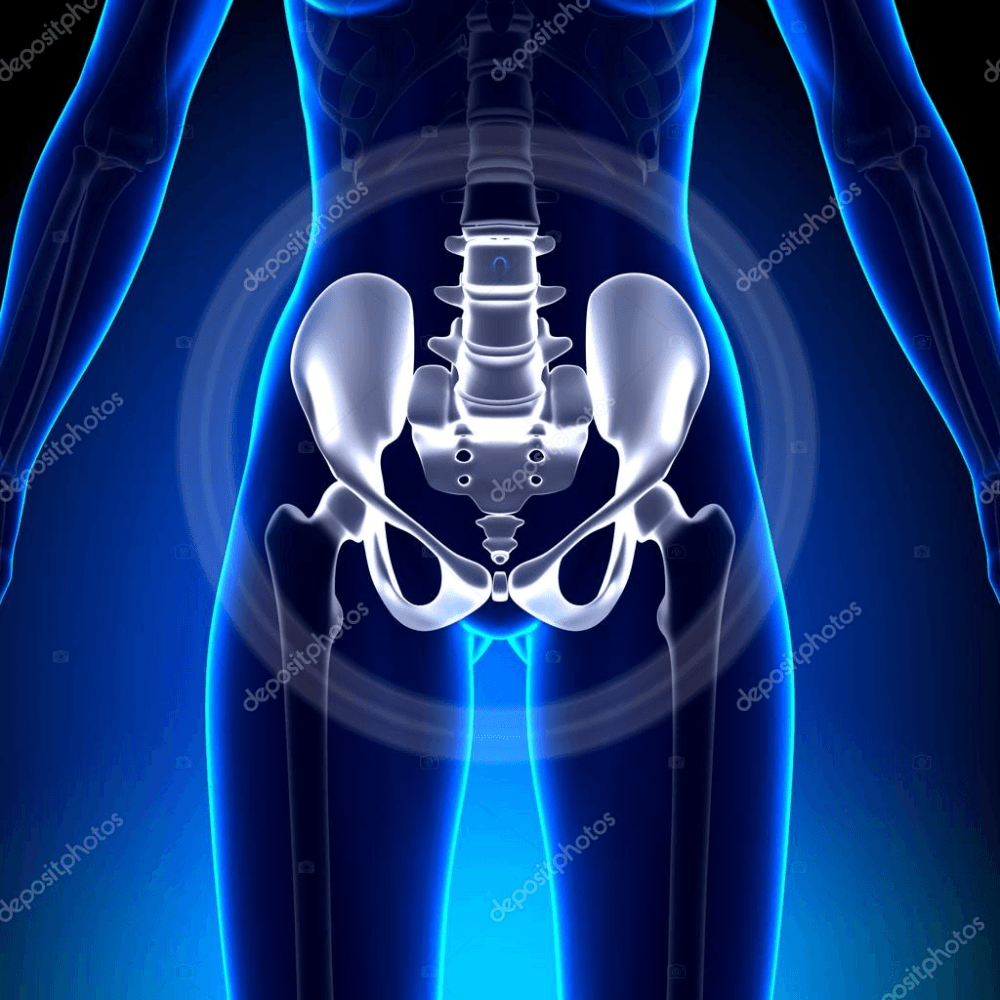
This bone protects your brain from being squished.
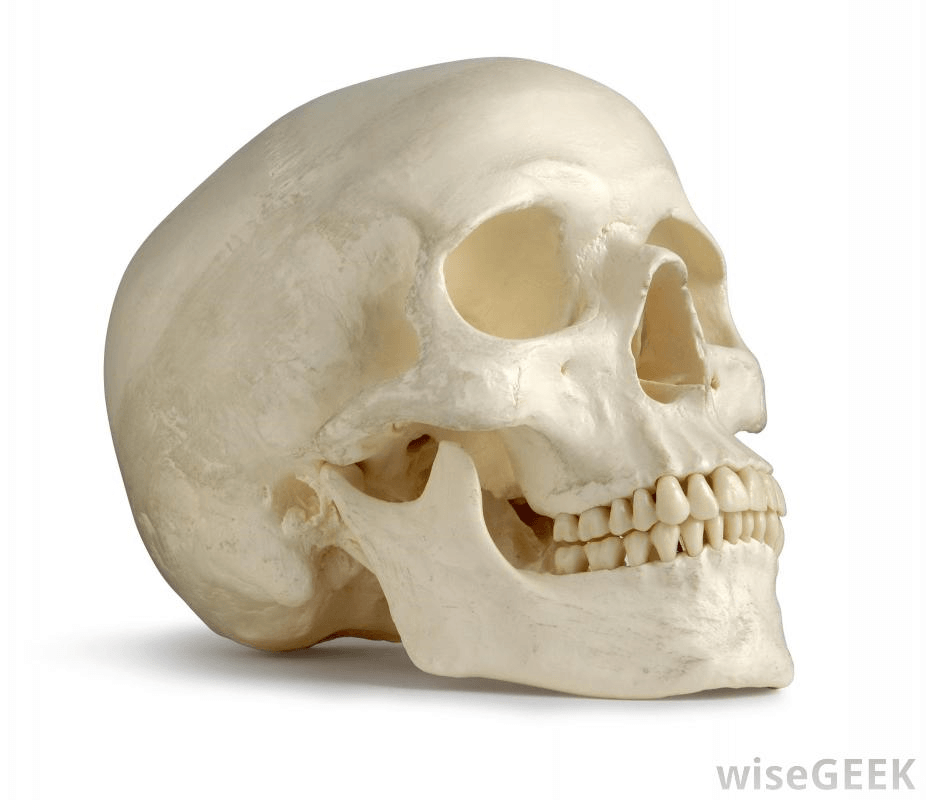
This organ metabolizes proteins, fats, and carbohydrates, produces bile and filters blood.
What is the liver?
They assist in the breathing process as accessory muscles of respiration. Moreover, these muscles serve as protection for the inner organs.
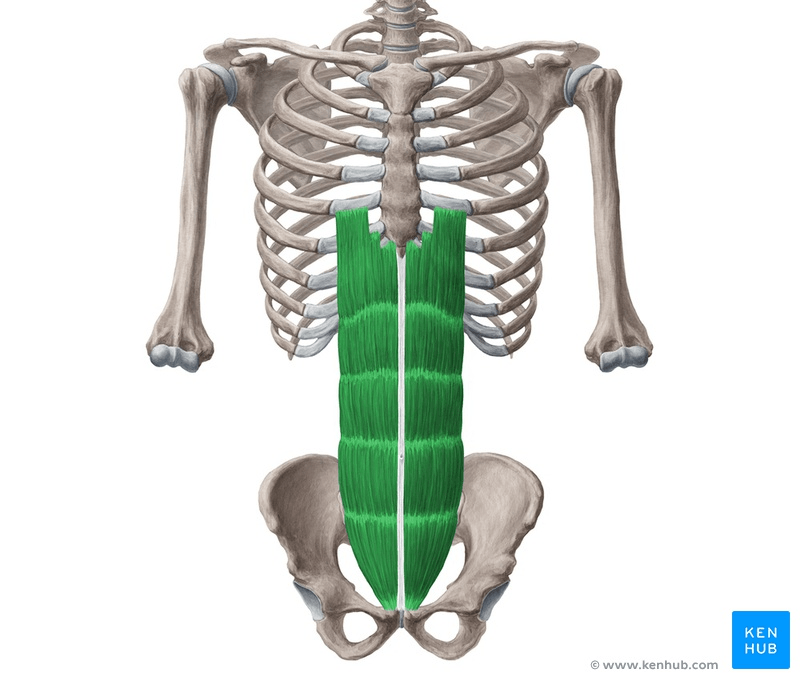
It is the great extensor muscle of the knee, forming a large fleshy mass which covers the front and sides of the femur.
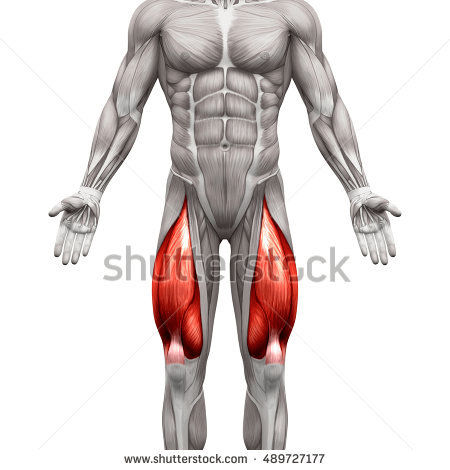
This is another name for the kneecap.
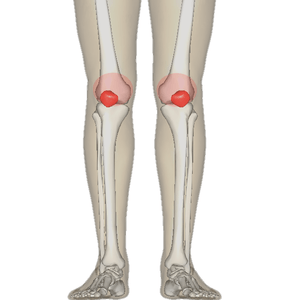
These bones protect your heart and lungs.
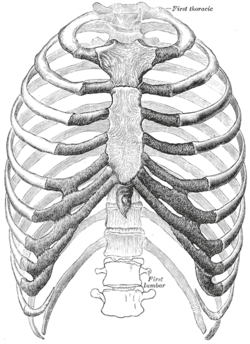
These organs remove waste and extra fluid from
your body, releases hormones that
help regulate blood pressure and sends
waste out via urine.
What are the kidneys?
Predominantly used to control the movement of the arm. Pulling on the humerus to create lateral, vertical, or rotational motion.
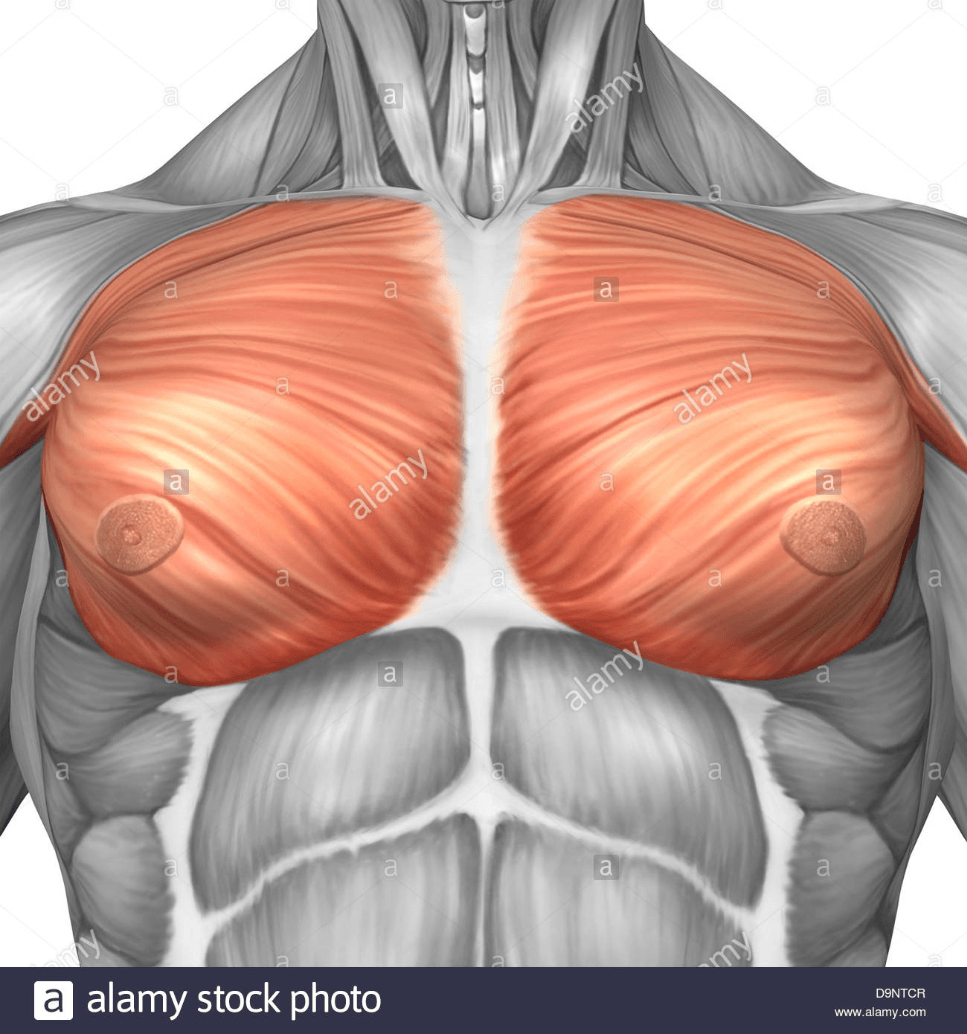
The name of the WHL hockey team located in Spokane.
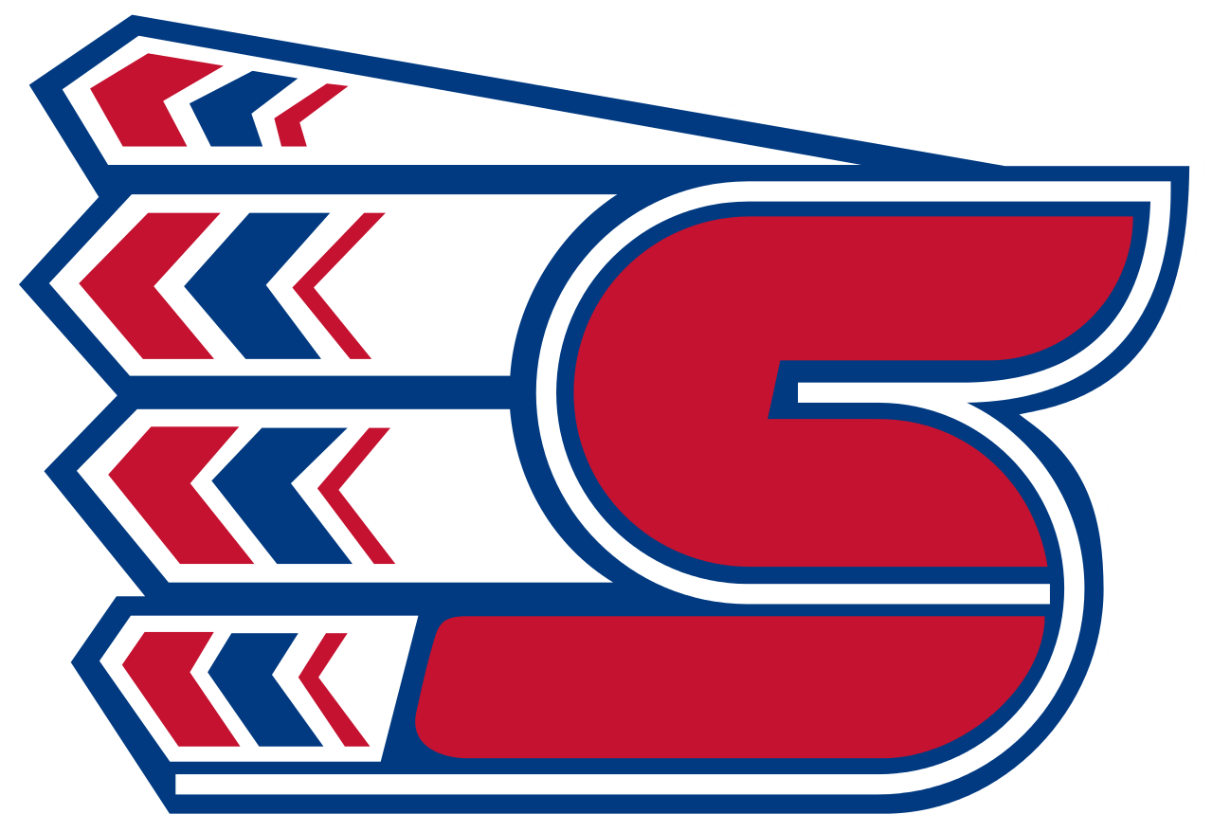
The larger of the two "shin" bones located in the front of the lower leg.
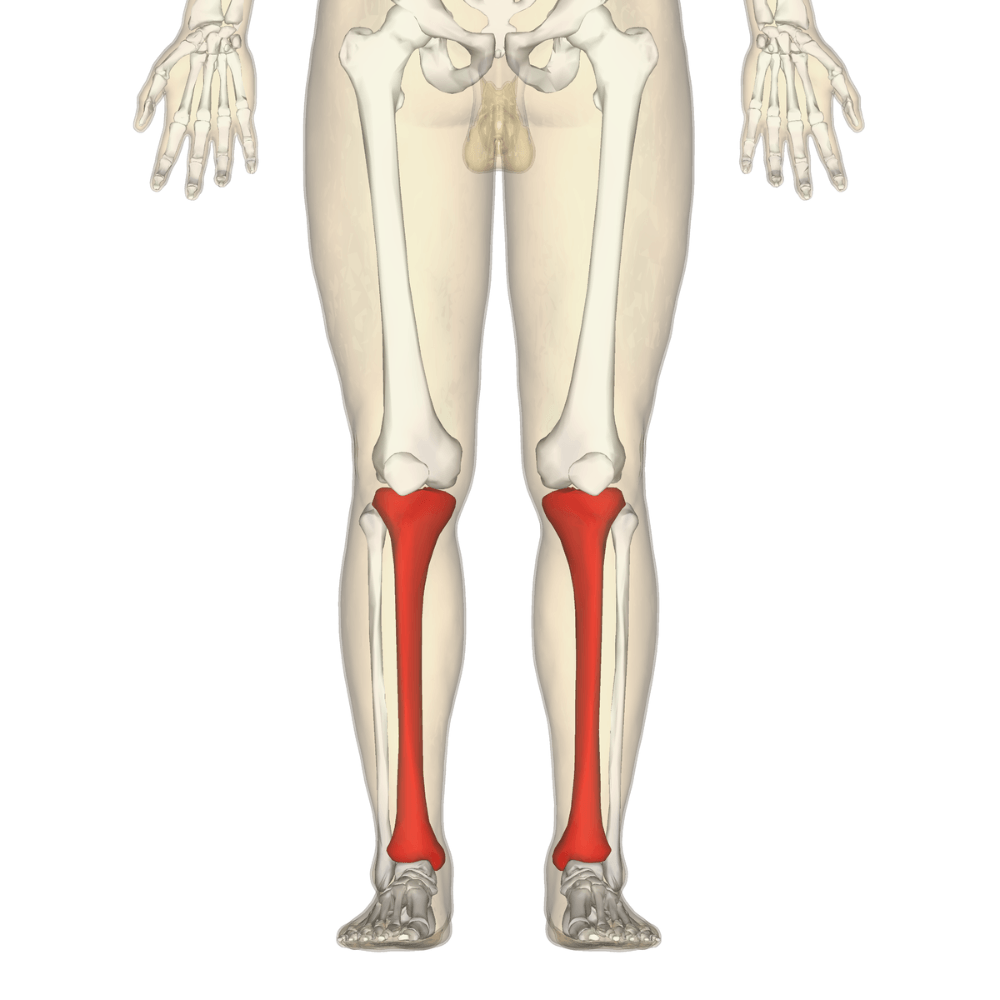
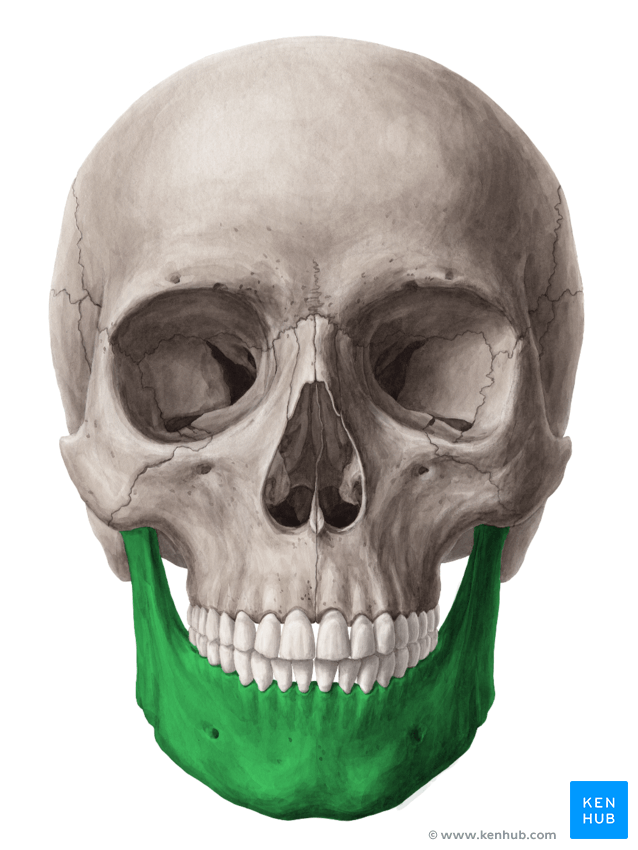
Also known as the jaw bone.
Organ located in the abdomen that helps regulate blood sugar levels and appetite.
What is the pancreas?
One of the major muscles of the back and is responsible for moving, rotating, and stabilizing the scapula (shoulder blade) and extending the head at the neck.
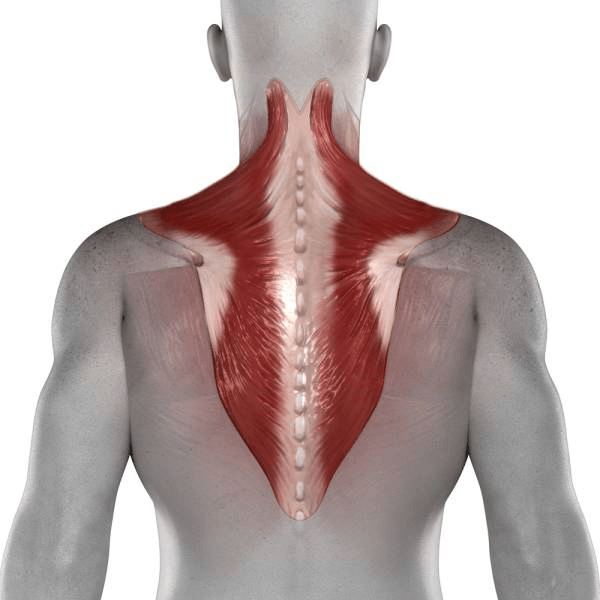
Name of our beloved cafeteria lady
What is Ms Kelly?
The smaller of the two bones located in the lower leg and is toward the back of the leg.

This bone in your forearm located on the side where your thumb is.
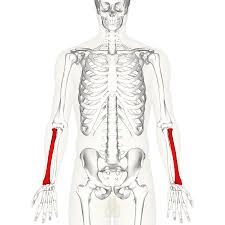
The primary function of this organ is to store and concentrate bile, a yellow-brown digestive enzyme produced by the liver.
What is the gallbladder?
These muscles pull the chest downwards and compress the abdominal cavity. It also has limited actions in both flexion and rotation of the vertebral column.
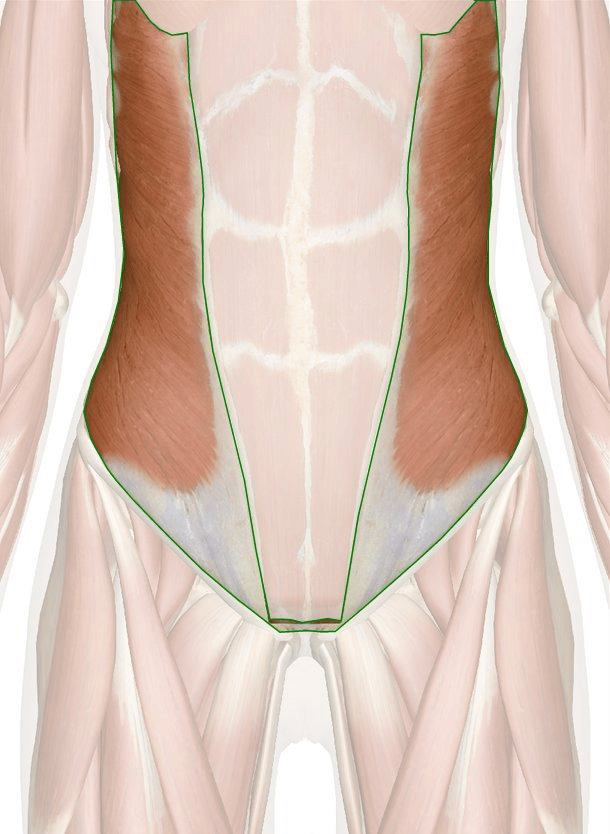
Also known as the calf muscle it's primary function is plantar flexing the foot at the ankle joint and flexing the leg at the knee joint.
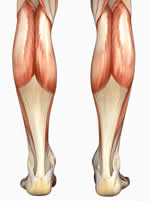
Number of electives credits needed to graduate
What is 16?
Bone in the forearm that is opposite of the radius
What is the ulna?
Absorbs water and electrolytes, producing and absorbing vitamins, and forming feces.
What is the large instestine?
Muscle on the sides of your shoulders that allows you to move your arms in different directions, and also protects your shoulder joint.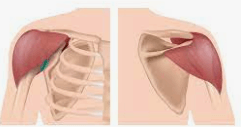
What are the deltoids?
The only muscle of the quadriceps to cross both the hip and knee joints. It flexes the thigh at the hip joint, and extends at the knee joint.
What is the rectus femoris?